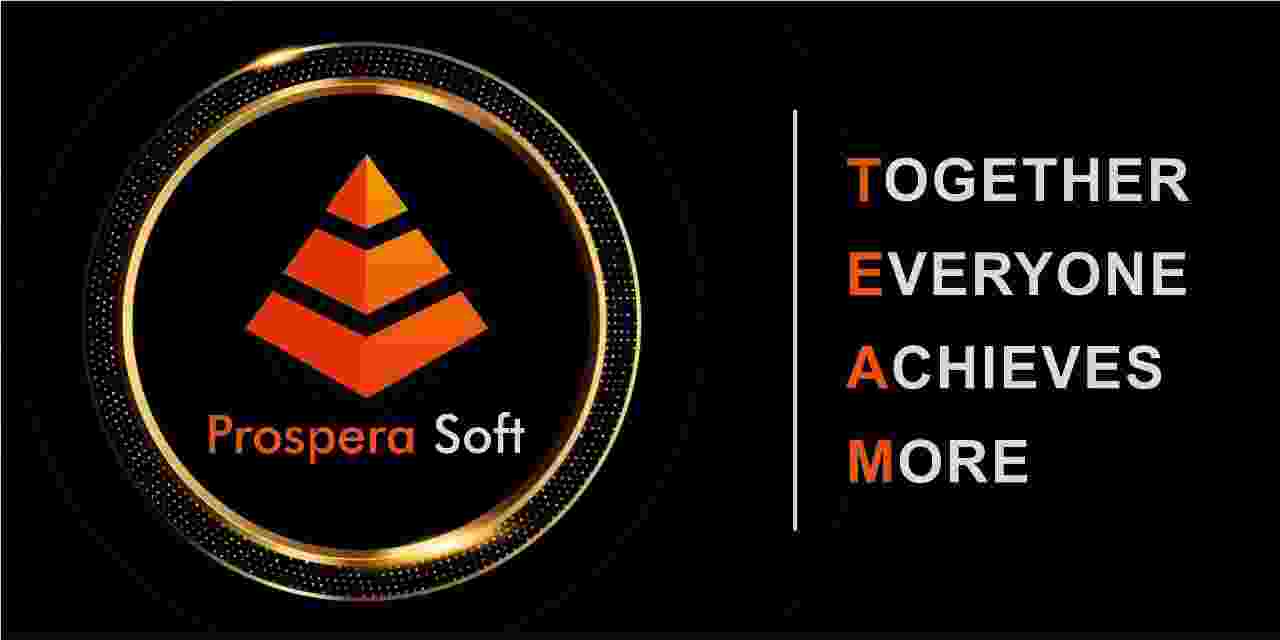Understanding console.log() in Electron Apps
When working on an Electron application, debugging is an essential part of the development process. One of the most common tools developers leverage is the console.log() method. It allows developers to output messages to the console, which is invaluable for tracking down issues or understanding how data flows through an application. Since Electron combines web technologies with desktop capabilities, understanding how to utilize console.log effectively can significantly streamline your development workflow.
Why Use console.log() in Electron Development?
Console.log() serves as a straightforward and efficient means of logging events, errors, or variables at different stages within your application. By integrating logging strategically throughout your code, you can gain real-time insights into how your Electron app is performing—right from the main process down to the renderer process. This not only enhances your troubleshooting capabilities but also helps you maintain cleaner code and catch bugs before they escalate.
Benefits of Using console.log()
- Immediate feedback during development
- Simplified debugging process
- Better tracking of application state and flow
- Ease of identifying performance bottlenecks
Setting Up console.log() in Electron
Integrating console.log() is simple and requires no special setup in an Electron app. You just need to use it in your JavaScript files where you want to diagnose issues or track data. In an Electron app, there are typically two types of processes: the main process and the renderer process. You may want to call console.log() in both to get a comprehensive understanding of your app’s performance.
Usage in Different Processes
- In the main process, you can log application lifecycle events.
- In the renderer process, you can log UI events or API responses.
Best Practices for Effective Logging
To maximize the utility of console.log(), it’s crucial to adhere to some best practices. First, be mindful of the types of information you log, ensuring it adds value to debugging instead of cluttering the console. It's advisable to use meaningful messages that describe the context of the log output. Additionally, consider using logging levels and timestamps to make your logs more informative. Finally, remember to remove or comment out debug logging statements before deploying your application to production.
Best Practices Include
- Use descriptive messages
- Organize logs by context or severity
- Implement a logging level system (info, warning, error)
- Regularly review and clean up logging code
Conclusion: Enhancing Your Workflow with Console Logging
Utilizing console.log() in your Electron app is an essential aspect of diagnosing issues and improving the overall development process. By following best practices and logging strategically, you enable a smoother debugging experience that can directly translate to enhanced application performance. As you grow in your use of console.log(), consider the potential of hiring an Electron developer or outsourcing Electron development work to further optimize your applications.
Just get in touch with us and we can discuss how ProsperaSoft can contribute in your success
LET’S CREATE REVOLUTIONARY SOLUTIONS, TOGETHER.
Thanks for reaching out! Our Experts will reach out to you shortly.




